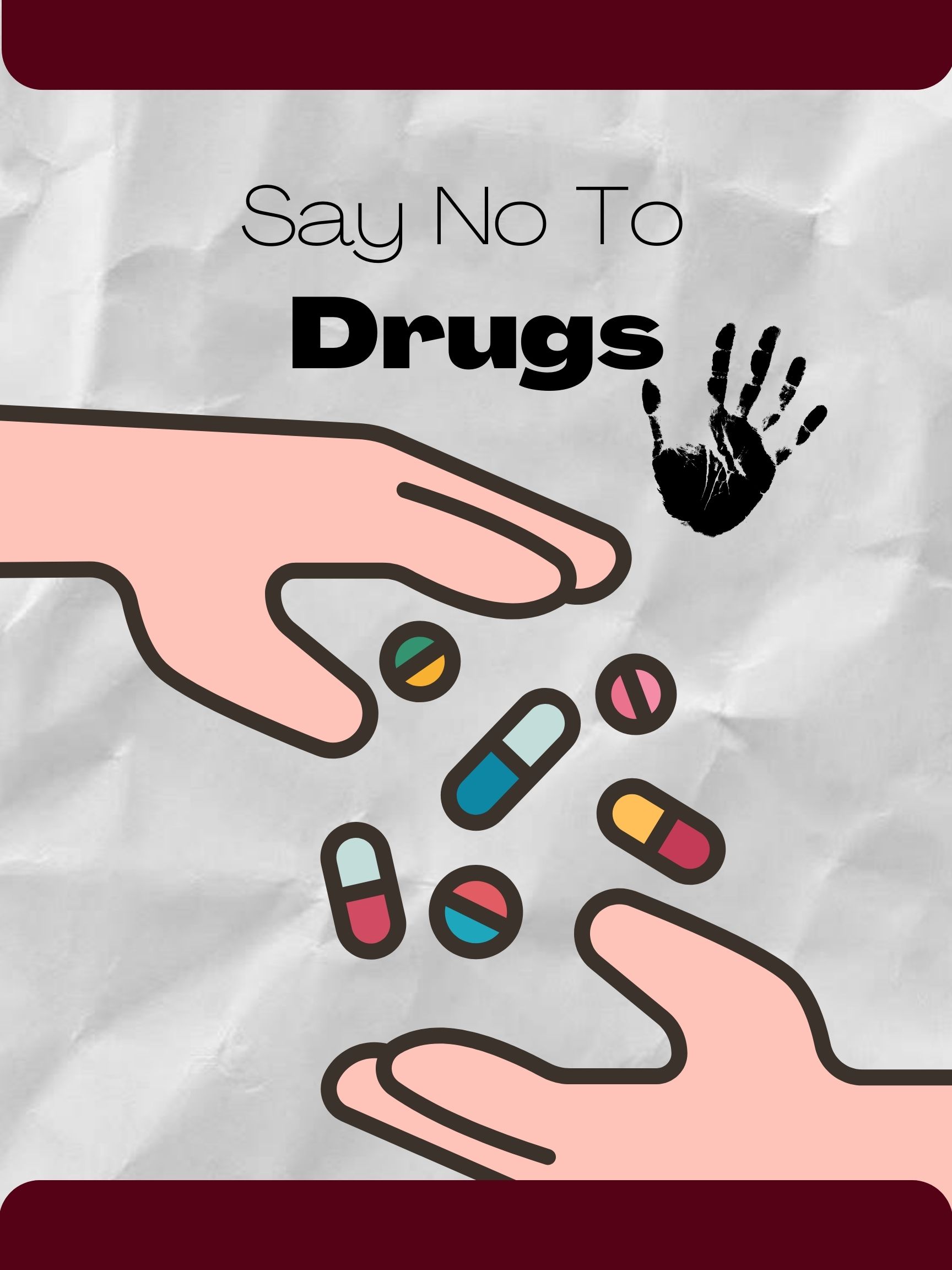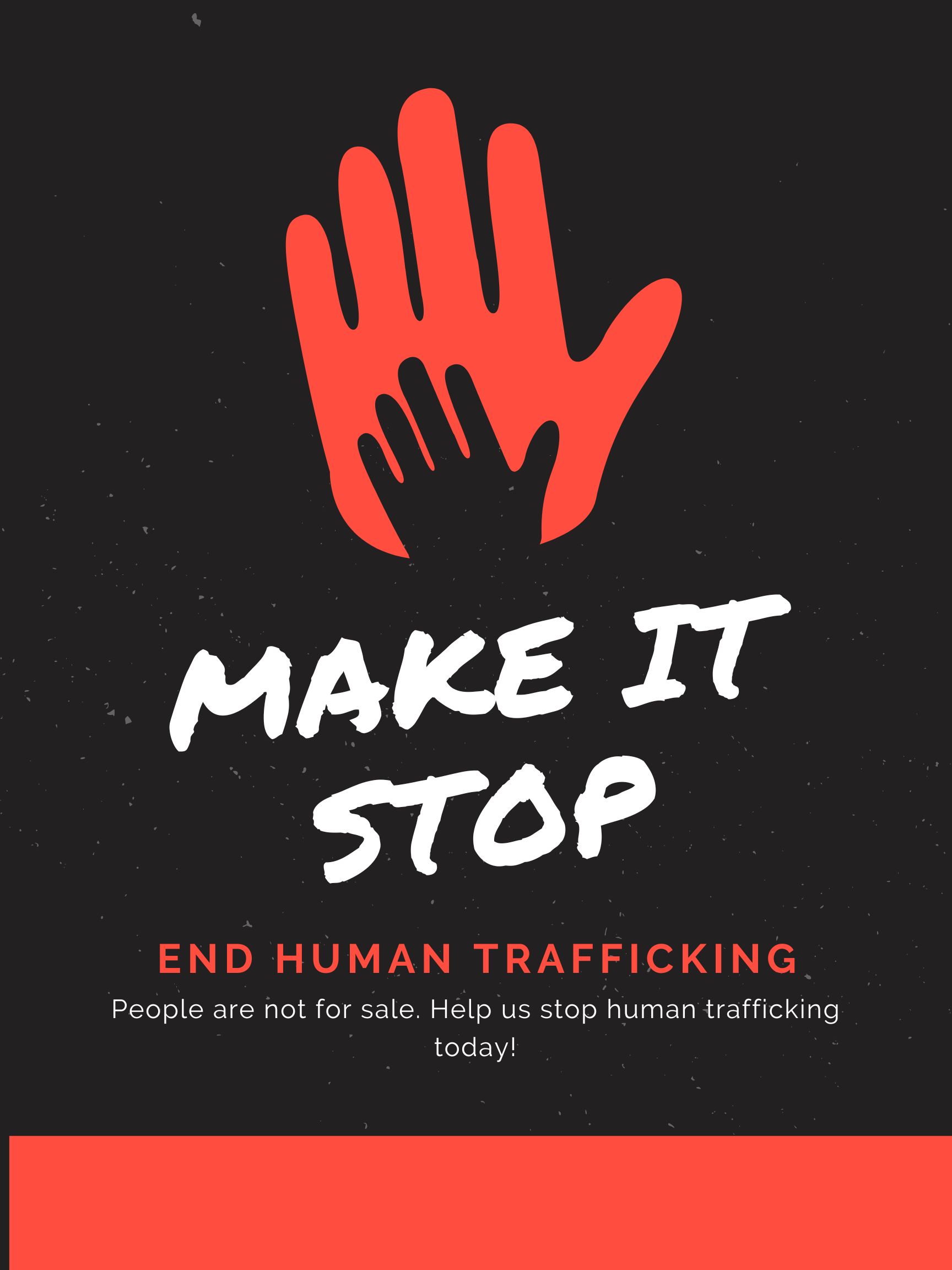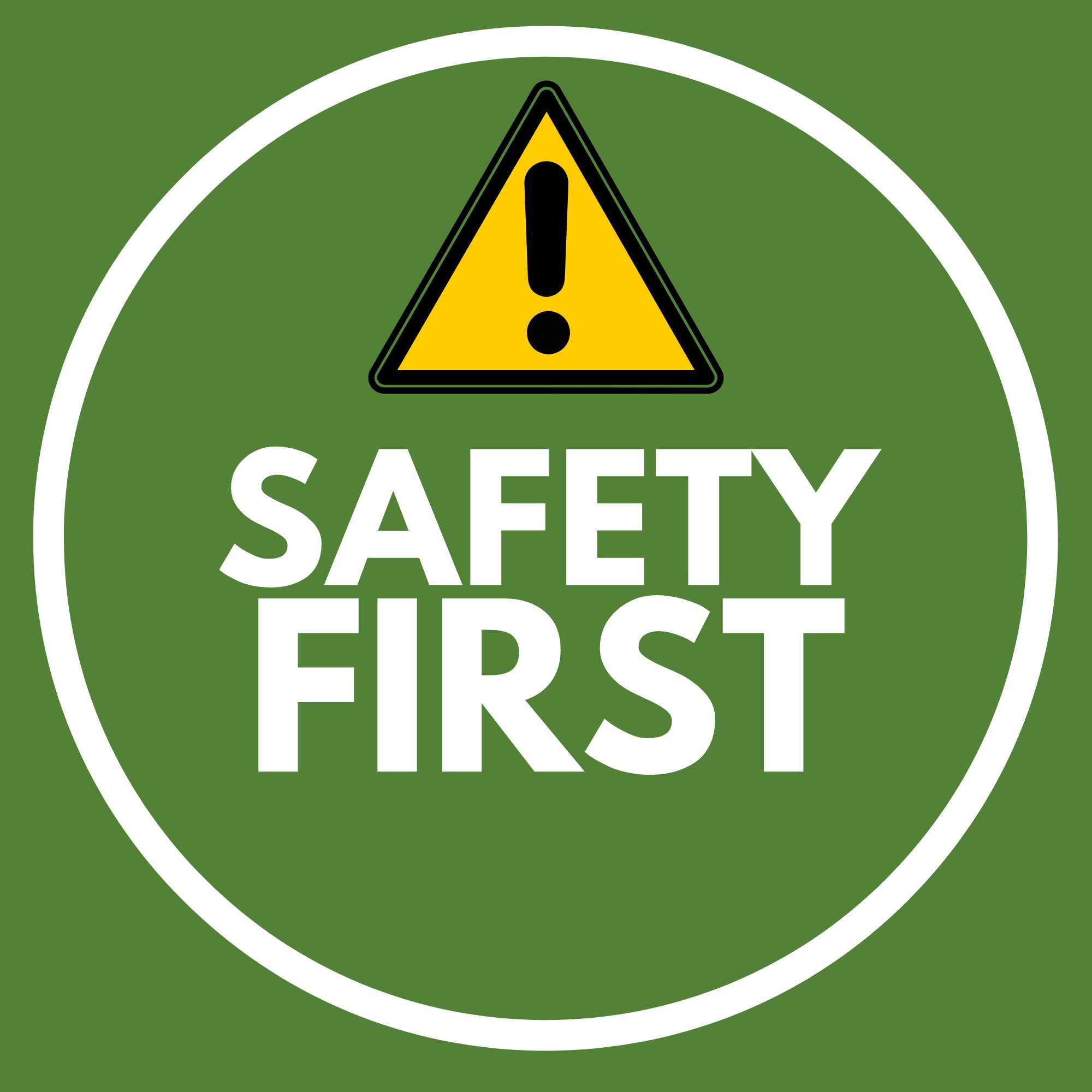Safety and Health
COVID Health Information:
Flu Information:
Meningitis:
Head Lice Guidelines:
Bed Bug information:
Cold Weather Awareness:
E-Cigarette & Tobacco

Safety and Health Remain a Top Priority for CHISD
Chapel Hill ISD will comply with all health and safety recommendations established by the Governor, Texas Department of State Health Services (DSHS), Centers for Disease Control (CDC) and the Texas Education Agency (TEA). Safety and health measures may be adjusted based on current guidelines and conditions. Our focus is always on the safety and well-being of our families, students, educators, staff and community.
Increased signage around campuses promoting disease mitigation
Increased cleaning and sanitation practices daily
Frequent reminders and signage of hand washing
All students and staff are highly encouraged to wear a mask when feeling ill
All students and staff are expected to follow the CDC guidelines for illness: CDC Guidelines
Fever of 100.0 or higher: stay home for at least 24 hours after the fever is gone without the use of fever-reducing medicines, such as acetaminophen
Vomiting or Diarrhea more than two occurrences: stay home for at least 24 hours after the vomiting or diarrhea is gone without the use of medication
Additional screening/protocols may be added at each campus
Helpful Health Information for Parents:
September: National Childhood Obesity Awareness Month:
-Preventing Childhood Obesity: 6 Things Families Can Do
-About 1 in 5 American children have obesity
-How to model a healthy eating pattern
-Hunger Hotline 1-866-3-HUNGRY (or 1-877-8-HAMBRE for Spanish).

Back-to-School Toolkit: Support Schools and Empower Students:
Start the school year off strong. Establishing routines, building connections, ensuring healthy sleep and exercise habits, and managing stress are just some of the ways parents, families, and kids can prepare for a healthy school year ahead.
CDC: Tips for a positive start
Use this toolkit to get digital resources for social media promotion on student health and well-being as they head back to school.


What is Chapel Hill doing?:
Staff at CHISD are trained yearly on how to recognize possible opioid overdose and actions to take.
Student Senate educates students through posters during Red Ribbon week and "Just Say No" campaign which includes opioids and Fentanyl
Narcan (Opioid Antagonist) is at every campus and can be administered by the campus nurse if there is a suspected opioid overdose
Anonymous reporting is available for student and parents: CHISD Incident Reporting
For more information contact your campus nurse.
What you need to know about Fentanyl:
What is Fentanyl?: Fentanyl is a synthetic opioid that is 50-100 times stronger than morphine. Pharmaceutical fentanyl was developed for pain management treatment of cancer patients, applied in a patch on the skin. Because of its powerful opioid properties, Fentanyl is also diverted for abuse. Fentanyl is added to heroin to increase its potency, or be disguised as highly potent heroin. Many users believe that they are purchasing heroin and actually don’t know that they are purchasing fentanyl – which often results in overdose deaths. Clandestinely-produced fentanyl is primarily manufactured in Mexico.
How is it used and how does it affect the body?: Intense, short-term high, temporary feelings of euphoria, slowed respiration and reduced blood pressure, nausea, fainting, seizures, death. Similar to other opioid analgesics, fentanyl produces effects such as: relaxation, euphoria, pain relief, sedation, confusion, drowsiness, dizziness, nausea and vomiting, urinary retention, pupillary constriction, and respiratory depression.
What does it look like?: Fentanyl pharmaceutical products are currently available in the following dosage forms: oral transmucosal lozenges commonly referred to as fentanyl “lollipops” (Actiq®), effervescent buccal tablets (Fentora®), sublingual tablets (Abstral®), sublingual sprays (Subsys®), nasal sprays (Lazanda®), transdermal patches (Duragesic®), and injectable formulations. Clandestinely produced fentanyl is encountered either as a powder or in counterfeit tablets and is Fentanyl sold alone or in combination with other drugs such as heroin or cocaine.
What are the over dose effects?: Overdose may result in stupor, changes in pupillary size, cold and clammy skin, cyanosis, coma, and respiratory failure leading to death. The presence of triad of symptoms such as coma, pinpoint pupils, and respiratory depression are strongly suggestive of opioid poisoning.
Source: DEA: United States Drug Enforcement Administration- DEA Fentanyl
Helpful articles for parents:

What is Chapel Hill doing?:
Staff at CHISD are trained yearly on how to recognize possible abuse or trafficking and how to report it.
Age appropriate education on human trafficking is provided to students K-9 through Quaver and ESTEEM programs.
Chapel Hill High School and Chapel Hill Jr. High School students and staff are provided information in the form of wall posters and information cards on how to report human trafficking.
For more information contact your campus nurse.
What you need to know about Human Trafficking:
What is Human Trafficking?:
Human trafficking is a crime that involves exploiting a person for labor, services or commercial sex. The United States Department of Justice classifies human trafficking into two major categories:
Sex trafficking is the recruitment, harboring, transportation, provision, obtaining, patronizing or soliciting of a person for the purposes of a commercial sex act, in which the commercial sex act is induced by force, fraud, or coercion, or in which the person induced to perform such an act is 17 or younger.
Labor trafficking involves the recruitment, harboring, transportation, provision or obtainment of a person through the use of force, fraud or coercion for the purpose of involuntary servitude, peonage, debt bondage or slavery.
Those trafficked are of all ages, races, ethnicities, nationalities, religions, genders, sexual orientations, socioeconomic backgrounds and citizenship statuses. Traffickers can be anyone, including family members, intimate partners, business owners and community leaders. Trafficking occurs in various industries, such as restaurants, massage parlors, hotels, factories, domestic services, child care, health care and sexually oriented businesses.
What to Look For:
Physical Health:
Frequent treatment of sexually transmitted infections or injuries
Multiple unwanted pregnancies
Fractures or burns
Bruising
Gastrointestinal problems
Skin or respiratory problems caused by exposure to agricultural or other chemicals
Communicable and non-communicable diseases
Oral health issues, including broken teeth
Chronic pain
Signs of concussions, traumatic brain injuries or unexplained memory loss
Malnutrition
Behavioral Health:
Unwilling to answer questions about their health
Unable to concentrate or provide basic information including age, address or time
Gives confusing or contradicting information
Abuses substances
Has depression or anxiety
Appears nervous or avoids eye contact
Has post-traumatic stress disorder
Other Indicators of Trafficking
Another person appears to be in control and does not let them answer questions
Reports a high number of sexual encounters
Does not have possession of their own identification documents
Lives in an overcrowded area or at their workplace
Has tattoos or branding of ownership
Wears inappropriate clothing for the weather or venue
What Should I Do If I suspect Someone Is Being Trafficked?:
National Human Trafficking Hotline accepts anonymous tips:
Call: 1-888-373-7888 (TTY: 711)
Text: 233733

